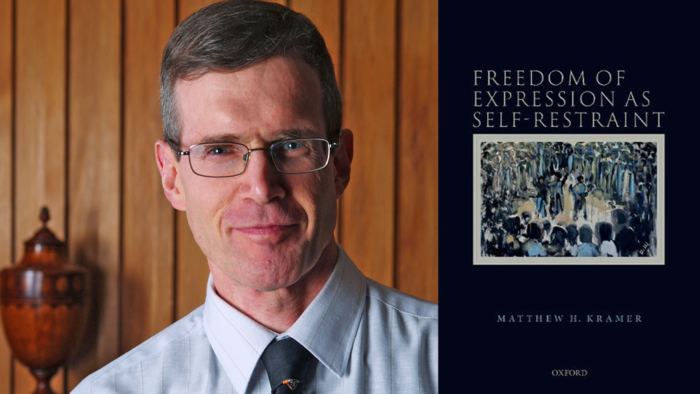
FREEDOM OF EXPRESSION AS SELF-RESTRAINT rigorously expounds the principle of freedom of expression, and provides a novel justificatory foundation for it. Under that principle, a system of governance in any society can legitimately prohibit various modes of communication but cannot ever legitimately prohibit them qua modes of communication. As the book argues, such a principle is absolute in that it is exceptionless; it imposes general duties that are binding always and everywhere on every system of governance.
In addition to injecting a new level of philosophical sophistication into the debates over these matters, the book supplies a novel justification for the principle of freedom of expression. It ties that principle to an ideal of governmental self-restraint, and it shows how that ideal connects to the paramount moral responsibility of every system of governance: the responsibility to bring about the political and social and economic conditions under which every member of a society can be warranted in harboring an ample sense of self-respect. In short, compliance by a system of governance with the principle of freedom of expression is integral to the fulfilment of that paramount responsibility.
Kramer lengthily engages with arguments by feminists in favor of legal restrictions on pornography, and with prominent arguments in favor of banning the advocacy of hateful creeds. While accepting that some types or instances of pornography and hatemongering can properly be proscribed, he maintains that most types and instances of those modes of communication are morally protected by the principle of freedom of expression.
